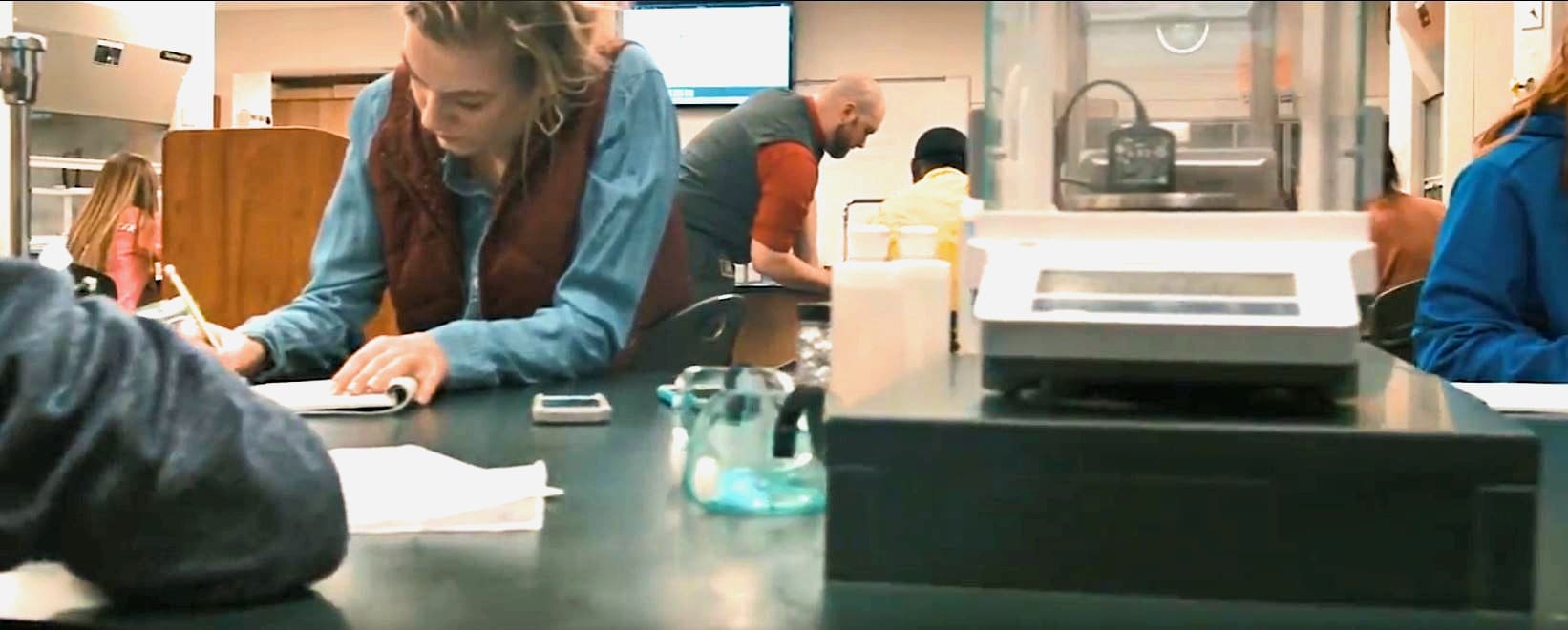Prepare Yourself
Public health is a growing field defined as ”the science and art of creating healthy communities through education, research and promotion of healthy lifestyles. In public health, the focus is on health promotion and disease/injury prevention, in contrast to the medical model of care, which focuses more heavily upon diagnosing and treating illnesses and conditions after they occur.” (definition from www.explorehealthcareers.org) There are over 20 major fields of study. However, the major specialties are: biomedical and laboratory practice, epidemiology, biostatistics, environmental health sciences, health services administration, health education and behavioral sciences, nutrition, occupational safety and health, public health practice and program management, and global health.
There are over 15 degrees offered in this field including the MPH (Master of Public Health), DPH (Doctor of Public Health), and M.S. and Ph.D. degrees. The MPH is often the terminal degree of students working directly in the field of public health. The DPH is for individuals interested in developing public health policy. Both the M.S. and Ph.D. degrees are primarily research degrees. Requirements of schools of public health vary widely. However, students who are interested in public health will be able to obtain the following courses for application to specific public health programs, in addition to others. The following courses are required by many schools:
- BI 111 General Biology Cells and Genes
- BI 112 General Biology Ecology and Evolution
- CH 135 Advanced General Chemistry
- CH 137 General Chemistry II
- CH 216 Organic Chemistry I
- CH 217 Organic Chemistry II
- BI/CH 342 Biochemistry I
- EN 112 English Composition II
- MA 155 Elementary Probability and Statistics
- SO 101 Introduction to Sociology
- PY 101 Introduction to Psychology
- PY 380 Industrial/Organizational Psychology
- EC 202 Introduction to Microeconomics
More science and mathematics is often necessary and communication classes, including an upper level literature course are encouraged. Students interested in a particular specialty can work with their advisor to tailor their undergraduate program in order to apply for those specialties.
Valuable resources for applicants to schools of public health:
Standardized Entrance Exam: GRE
Additional Information:
Association of Schools and Programs of Public Health
American Public Health Association
Association of State and Territorial Health Officials
Council on Education for Public Health
Association of American Colleges and Universities

Contact
Lida Khalafi, Ph.D., Assistant Professor
P: 816-501-3788 / E: lida.khalafi

Contact
Stephen Daggett, Ph.D., Professor of Biology
P: 816-501-3654 / E: stephen.daggett
